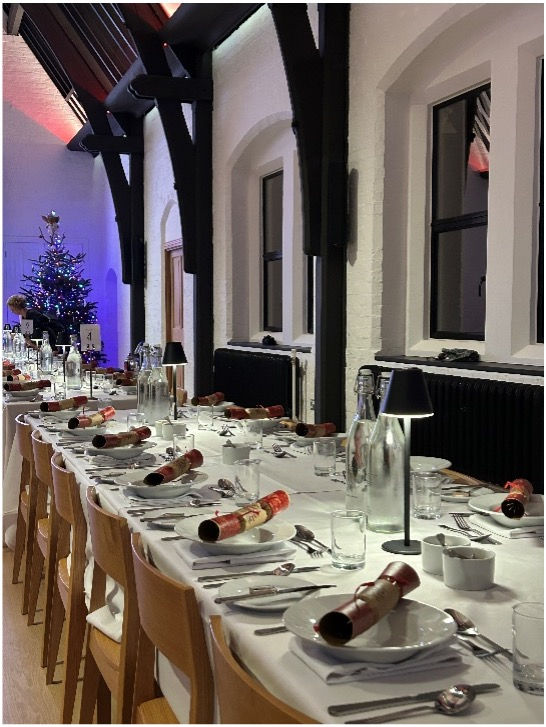Excavating in Sicily - Life of a CAAHist
- TOG

- Jan 29, 2019
- 3 min read

Part of being a Classical Archaeology & Ancient History (CAAH) student at Oxford is that at the end of First Year, over the summer, you have to go on an archaeological excavation. You can go anywhere you choose for between two to three weeks, and the Classics Department offer a grant of up to £1000! If you go on a dig as part of a an archaeology 'school', they often charge a participation fee of more than this, but the Oxford colleges are usually happy to provide you with the rest of the funding, as this is a compulsory (but fun!) part of your course. Alternatively, there are some digs out there that are really affordable - like mine! I initially chose mine because it was the cheapest one I found, but also because one of my tutors was co-director of the dig, so I knew I'd feel safe / involved / interested. This turned out to be a great decision, as I met some incredible people on my dig who I'm still in contact with and had some amazing experiences!
A lot of the tutors also go on excavations over the summer, for which they may be co-directors, and so they advertise these digs to their students. The dig I chose to go on was at a place called Halaesa, near Tusa, Messina, in northern Sicily, and was co-directed by one of the tutors I had for my Roman Core paper. Tusa is a really tiny hilltop village, with Castel di Tusa at the bottom of the hill. The mayor of this area and the local people really supported our dig at Halaesa, which meant that they offered us free accommodation in Tusa, in a kind of converted nunnery. It also meant that all of the local people were really welcoming, which is super important if you're going to be there for a long time and want to really experience the place. They were so welcoming that the new mayor even invited us to his inauguration party - it was a Saturday night which we spent in an area by the beach with loads of food and drink stalls set up, an eating area, and a dance floor! Loads of the locals came and chatted to us, often using their children who were learning English at school to translate. And the new mayor added us all on Facebook!
The rest of the town was also really welcoming. There was an incredible bar at the viewing point in Tusa called The Belvedere Bar - the man who owned it was so, so friendly and he even took candids for us (unprompted!) at sunset and then emailed them over. I spent a lot of evenings there with my new friends drinking mojitos and learning that pina coladas aren't really a thing in Sicily… We also watched the England v. Croatia world cup match (and I asked if it was being shown 'live'…). We also had an arrangement with two different restaurants, one for lunch and one for dinner - the owners, again, were all incredibly friendly and happy to chat with us.
Most of us didn't speak Italian but we spent a lot of our time while excavating multi-tasking by stumbling through Italian phrases - or at least, I did, until my newfound Italian friend Andrea told me that my Italian accent was so bad that I may as well just let him practice his English! One of the Italian men also famously told us all that his English wasn't very good… he could only read some academic texts in English!
Our weekends off were also really amazing: we spent a lot of time at the beach, reading or swimming, and my tutor also very kindly took us to some famous ancient Sicilian sites and temples.
Our accommodation was also really interesting - we were living in some kind of converted nunnery with a make-shift shower… a couple of pipes on the roof, which the neighbours found hilarious. Having a flat roof turned out to be amazing as for a couple of nights a friend and I sat out there stargazing - as she was Australian, some of the stars she'd never seen before, living on the other side of the equator!
However, the best part of the trip was meeting everyone on the dig. They were all so, so friendly and I now have friends all over the world, from Australia to Albania, Switzerland to Italy!






Comments